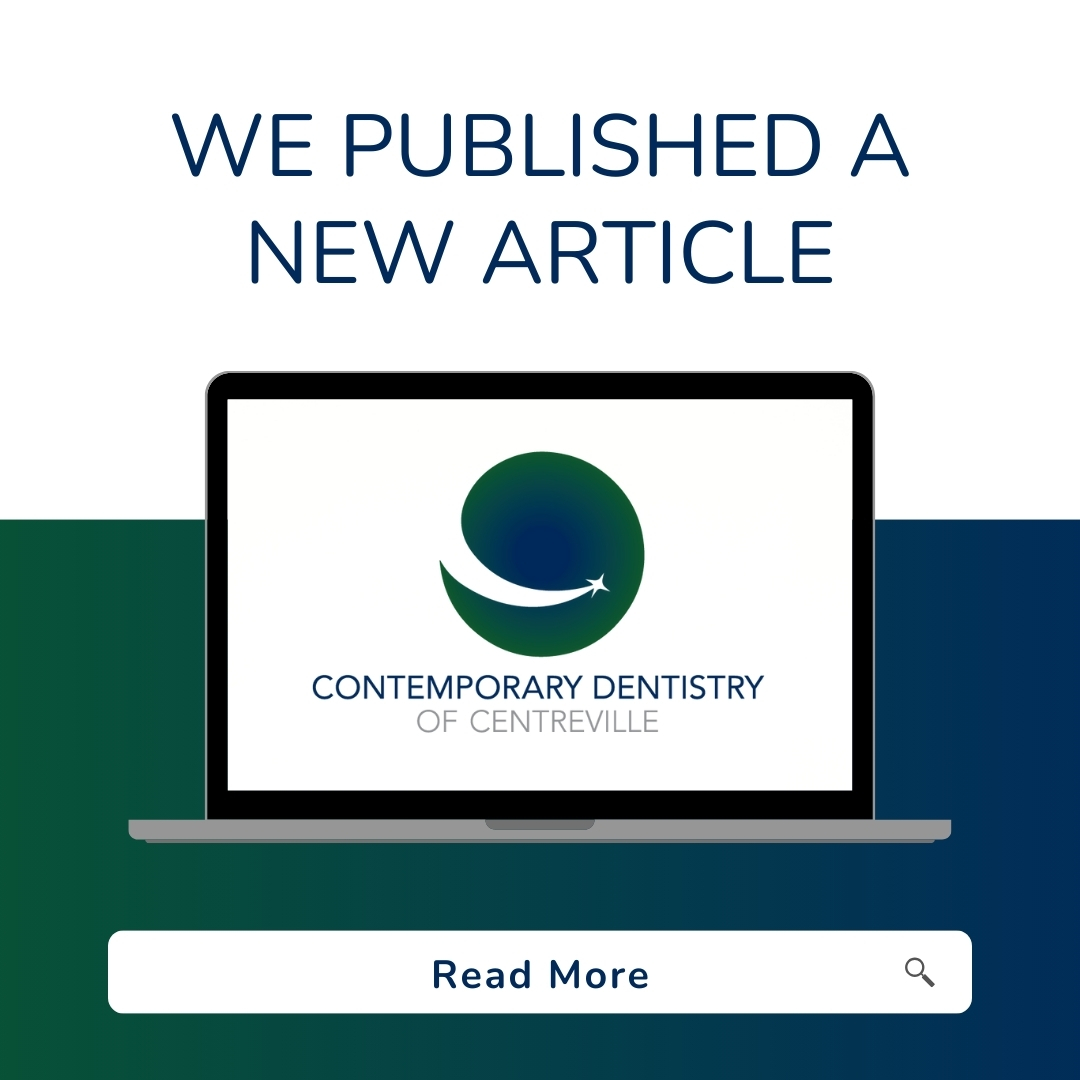
FRUIT IS AN ESSENTIAL element of a well-balanced, healthy diet. It is an excellent source of vitamins, minerals and antioxidants, and eating it on a regular basis helps boost your immune system and reduces your risk of illness and chronic disease. There are a lot of ways people get their fruit, however, and when it comes to your teeth, some ways are worse than others!
Beware Dried Fruit
Many people think dried fruit is a great healthy snack. Unfortunately, dried fruits have a lot of sugar in them, not to mention the added sugar that many packaged dried fruits come with. Because they’re dehydrated, most of the water is lost from the fruit, but none of the sugar is, making it highly concentrated.
As we’ve said in previous blog posts, more sugar, more cavities! Harmful bacteria in our mouths consume the sugar and produce acids as a by-product, which can cause tooth decay. Dried fruit is also extremely sticky, meaning it sticks to your teeth longer than most other foods.
To learn a bit more about why sugar is bad for our teeth, watch the video below:
Can The Canned Fruit
Most canned fruits you find are bathed in sugary syrup. It may taste good, but it can wreak havoc on your teeth if you’re not careful! Even those that are labeled “light syrup” often have a high sugar content. If you’re a fan of canned fruit as a healthy snack, make sure it doesn’t have any added sugar or is packaged in 100 percent fruit juice.
Watch Out For Fruit Juice
Fruit juice, even if it’s all natural, contains a lot of sugar. What’s worse is that many fruit juices, especially those marketed for children, have added sugar in them. In fact, the majority of fruit juice sold in stores contains just as much sugar as soda, sometimes even more!
Sugar isn’t the only problem–fruit juice is also very acidic. The combination of sugar and acid doesn’t bode well for your teeth: while acid weakens tooth enamel, sugar feeds cavity-causing bacteria and contributes to decay.
Do What’s Best For Your Teeth
As a general rule, try to eat your fruit fresh! Not only is it better for your teeth, but the fiber in whole fruit slows the absorption of sugar in the bloodstream, making it much healthier for your body. Of course it’s okay to have juice and dried or canned fruit every once in awhile. But remember to rinse with water after and brush and floss to protect your pearly whites!















